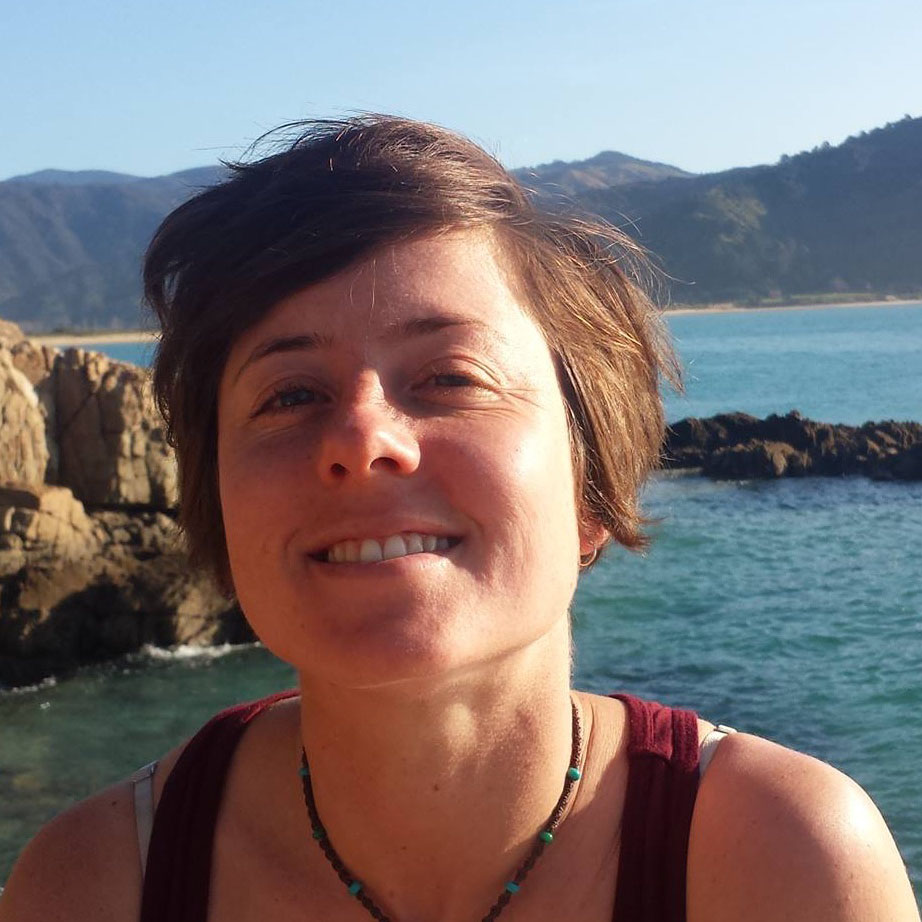Late last year, the Indonesian government released its most ambitious climate change mitigation target to date: to achieve a net carbon sink for forests and land use (FoLU) across the archipelago by 2030.
To achieve this goal, a large and coordinated mobilization of climate finance will be required. As such, the UN-backed program on reducing emissions from deforestation and forest degradation, and fostering conservation, sustainable management of forests, and enhancement of forest carbon stocks (REDD+), could play a critical role – if it can be progressed quickly enough from its current phase of development.
The University of Indonesia’s Climate Change Research Center (RCCC-UI), together with the Center for International Forestry Research (CIFOR) and partners are implementing a Global Comparative Study on REDD+ (GCS-REDD+). Through this project, they foster the co-creation of knowledge and learning exchange at all levels, ensuring policymakers and practitioners have access to – and use – the information, analyses and tools needed to design and implement effective, efficient, and equitable REDD+ policies and actions.
According to the researchers, advancing REDD+ architecture requires strengthening three main elements: information, incentives, and institutions (the ‘3Is’). To that end, they have been running a series of Science and Policy Dialogues, which aim to tailor research to country-level needs, policies, and targets pertaining to forest-based climate mitigation.
On 25 April 2022, the second Science and Policy Dialogue for the Indonesian chapter of the GCS was held online. It focused on the ‘information’ element of the 3Is. Improving information to advance REDD+ architecture is imperative not only for finding the best solutions, but also to improve coordination and promote better collaboration among all actors involved in attempts to reduce deforestation.
As such, the dialogue was a multistakeholder affair, which provided an opportunity for 30 selected key government and non-government actors in the FoLU sector at the national and subnational levels to engage as part of a ‘project advisory group’ on the issue.
The main objectives of this second online discussion were: to share the latest research findings from CIFOR and partners and obtain feedback; to ensure the work is relevant to stakeholders’ needs in their sectors; and to leverage the national commitment to transform FoLU sectors to achieve the net carbon sink target by 2030.
The event was opened by Hanif Faisol Nurofiq, Secretary of the Directorate General of Forest Planology and Environmental Governance at the Ministry of Environment and Forestry, who gave an update on REDD+ activities in Indonesia and introduced the Operational Plan for FoLU Net Sink 2030.
Nurofiq shared that updated forest management and permitting processes are facilitating nuanced and carefully-controlled activities in these ecosystems. “It’s becoming clearer how we can achieve the balance between environment and economy,” he said. He also spoke about the comparative advantage that Indonesia holds as a tropical nation which is rich in high-carbon ecosystems such as tropical peatlands and blue carbon, particularly mangrove forests – and the necessity of capitalizing on these elements to achieve FoLU Net Sink 2030. “The requirements for peatlands are quite stringent, and it will be a massive challenge for us to ensure that we are able to meet these targets in this particular ecosystem,” he said.
Nurofiq also mentioned the importance of elements such as monitoring and law enforcement in supporting the protection and security of the forest estate; reforestation in mining areas; biodiversity conservation; social forestry and the development of customary forests; and fire prevention and mitigation. The cost of the operational plan, he said, is currently estimated at around 240 trillion Indonesian rupiah (USD16.4 million).
Following this address, the attendees broke out into three parallel sessions. The first, which was opened by CIFOR consultant Erin Swails, explored the spatio-temporal variability of peat methane and nitrous oxide fluxes, and their contribution to overall peatland greenhouse gas budgets. The second, opened by CIFOR scientist Stibniati Atmadja, considered how REDD+ projects in Indonesia contribute to the goals of the Paris Agreement. The third session, this time opened by CIFOR scientist Nining Liswanti, examined support for the rights of Indigenous Peoples and local communities in the context of REDD+ in Indonesia.
The groups then reported back on their discussions, in a session moderated by RCCC-UI economist and research scientist Sonny Mumbunan. CIFOR scientist Moira Moeliono then summarised and closed the discussion, stating that “climate change is a complex problem involving many actors and their interests; therefore, the exchange of information and continuous discussion remains important.”
Moeliono emphasized that “safeguards are important, as all FOLU activities have social and environmental implications. With regard to social safeguards, empowerment of customary and local communities is critical, not only de jure but also de facto in measurable ways.” She also stated that research and studies are still required to gather complete data and understanding of carbon and other GHG budgets over long periods, and that “in all policy and research activities, the local government’s role needs to be appreciated and respected.”
We want you to share Forests News content, which is licensed under Creative Commons Attribution-NonCommercial-ShareAlike 4.0 International (CC BY-NC-SA 4.0). This means you are free to redistribute our material for non-commercial purposes. All we ask is that you give Forests News appropriate credit and link to the original Forests News content, indicate if changes were made, and distribute your contributions under the same Creative Commons license. You must notify Forests News if you repost, reprint or reuse our materials by contacting forestsnews@cifor-icraf.org.













